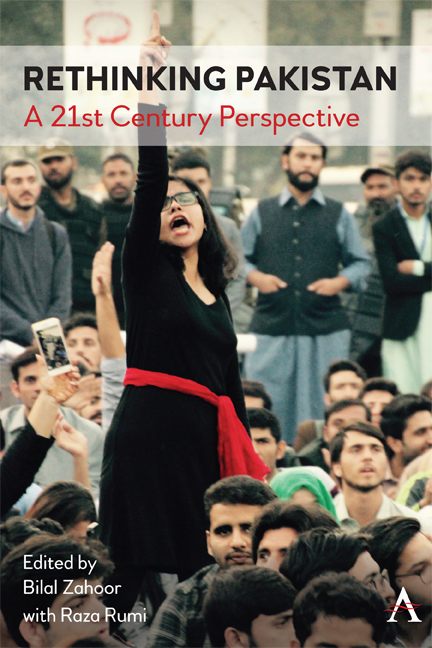Book contents
- Frontmatter
- Dedicated
- Contents
- Acknowledgements
- Introduction
- Part I Identity, Religion and Radicalisation
- Part II Development, Reform and Governance
- Part III Rights, Repression and Resistance
- Part IV Sex, Gender and Emancipation
- Part V Conflict, Diplomacy and Foreign Policy
- Contributors
- Bibliography
- Index
Chapter 1 - Refuting the Radicals
Published online by Cambridge University Press: 20 January 2022
- Frontmatter
- Dedicated
- Contents
- Acknowledgements
- Introduction
- Part I Identity, Religion and Radicalisation
- Part II Development, Reform and Governance
- Part III Rights, Repression and Resistance
- Part IV Sex, Gender and Emancipation
- Part V Conflict, Diplomacy and Foreign Policy
- Contributors
- Bibliography
- Index
Summary
There is a common perception that Muslim scholars, clerics and academics do not aggressively condemn bombings and suicide attacks on civilians. However, such attacks have been condemned and the ideas thought to have legitimised them have, in fact, been challenged and refuted by Muslims. The Shaikh al-Aẓhar Jadd al-Ḥaqq (1917–1996), regarded by many as the highest authority of Sunni Islam, gave a long and detailed fatwā against ‘Abd al-Salām Farāj's Farīḍah al-Ghaibah arguing that the ruler is the representative of the people (wakīl al-ummah) and does not become an infidel simply by not applying the sharī ‘ah. Ḥaqq goes on to argue that only by renouncing the sharī‘ah in its entirety does the ruler, or anyone for that matter, become an infidel. Thus, he rules out rebellion against the rulers of Muslim countries which is one of the main arguments of Farīḍah as well as the other works of other radical Islamists and militants.
John Esposito, taking notice of this assumption, refutes it in his preface to Ṭāhirul Qādrī's fatwā against such violent acts. He reminds the readers that, in fact, the attacks of September 11 were condemned by Yūsuf Al-Qaraḍāwī (12 September 2001), though he is better remembered for having approved of such measures in the case of Israel. Moreover, Saudi Arabia's grand mufti, Shaikh ‘Abdul ‘Azīz bin Bāz condemned these attacks on 15 September. Al-Qaraḍāwī's monumental book on jihad titled Fiqh al-jihād refutes the arguments of the radical Islamists and asserts that Muslims should live in peaceful coexistence with all those who are at peace with them. Nor is this all: the Amman message which delegitimised the arguments of the radical Islamists in July 2005 came from figures as eminent as Shaikh Sayyid Ṭanṭāwī, Rector of Al-Aẓhar (1928–2010), the Shī‘a Grand Ayatollah Al-Ḥusainī‘Alī al-Sīstānī (b. 1930) and, once again, Yūsuf Al-Qaraḍāwī himself. Then came the 2007 open letter from 138 prominent Muslim leaders who reached out in friendship and understanding to other faiths. This was highly welcomed by the Archbishop of Canterbury Rowan Williams (b. 1950 and archbishop from 2002 to 2012); Pope Benedict XVI (b. 1927 and pope from 2005 to 2013); the Orthodox Patriarch Alexei II of Russia (1928–2008 and patriarch from 1990 to 2008) and Mark Hanson (b. 1946), the presiding bishop of the Lutheran World Federation from 2003 to 2010.
- Type
- Chapter
- Information
- Rethinking PakistanA 21st Century Perspective, pp. 13 - 28Publisher: Anthem PressPrint publication year: 2020



